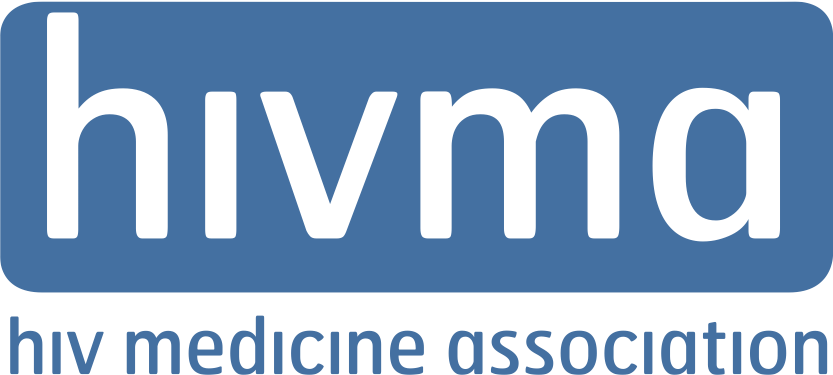Statement of HIVMA Chair Wendy Armstrong, MD, FIDSA:
Deeply flawed to begin with, the amended “Better Care Reconciliation Act” released on July 13th would leave people with HIV, and millions of others with chronic illnesses, priced out of the individual insurance market. A new provision allowing insurers to sell unregulated plans re-opens the door for health plans that offer limited benefits and deny coverage, or allow usurious and unaffordable premiums, for those with pre-existing conditions. Many insurers oppose this strategy because healthier people would be more likely to choose limited benefit plans, fracturing the insurance market and raising premiums for everyone else.
The bill would also seriously undermine the Medicaid program that provides coverage for over 40% of patients with HIV in the U.S. By capping and cutting federal support and phasing out the Medicaid expansion, many will lose coverage and access to lifesaving antiretroviral drugs as the financial burden shifts to states that will, inevitably, choose to offer fewer benefits and cover fewer people. The bill also would require individuals to pay more for healthcare insurance that covers less and would allow states to define essential services putting coverage of prescription drugs, substance use and mental health services, maternity care, preventative care, and other services critical to preventing and treating HIV, hepatitis C and opioid addiction at risk. This bill will leave health insurance further out of reach for individuals who need it most, especially people with HIV and other serious illnesses.
We expect the Congressional Budget Office to confirm this week that this bill, like the earlier version, would leave millions of our country’s poorest residents uninsured and unable to access health care. We urge our Senators to put politics aside and consider the healthcare needs of their constituents. Reject the Better Care Reconciliation Act. Start over on bi-partisan solutions that will leave more Americans with health insurance coverage rather than leaving millions more uninsured. After finally beginning to see rates of new HIV infections decline in the U.S., limiting access to care for people with HIV will not only cost lives and money, it will fan the flames of the domestic HIV epidemic, leading to increased infections and causing irreparable harm.

